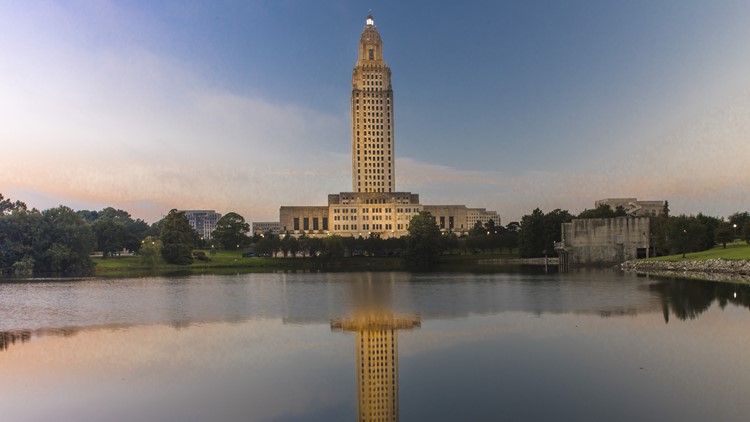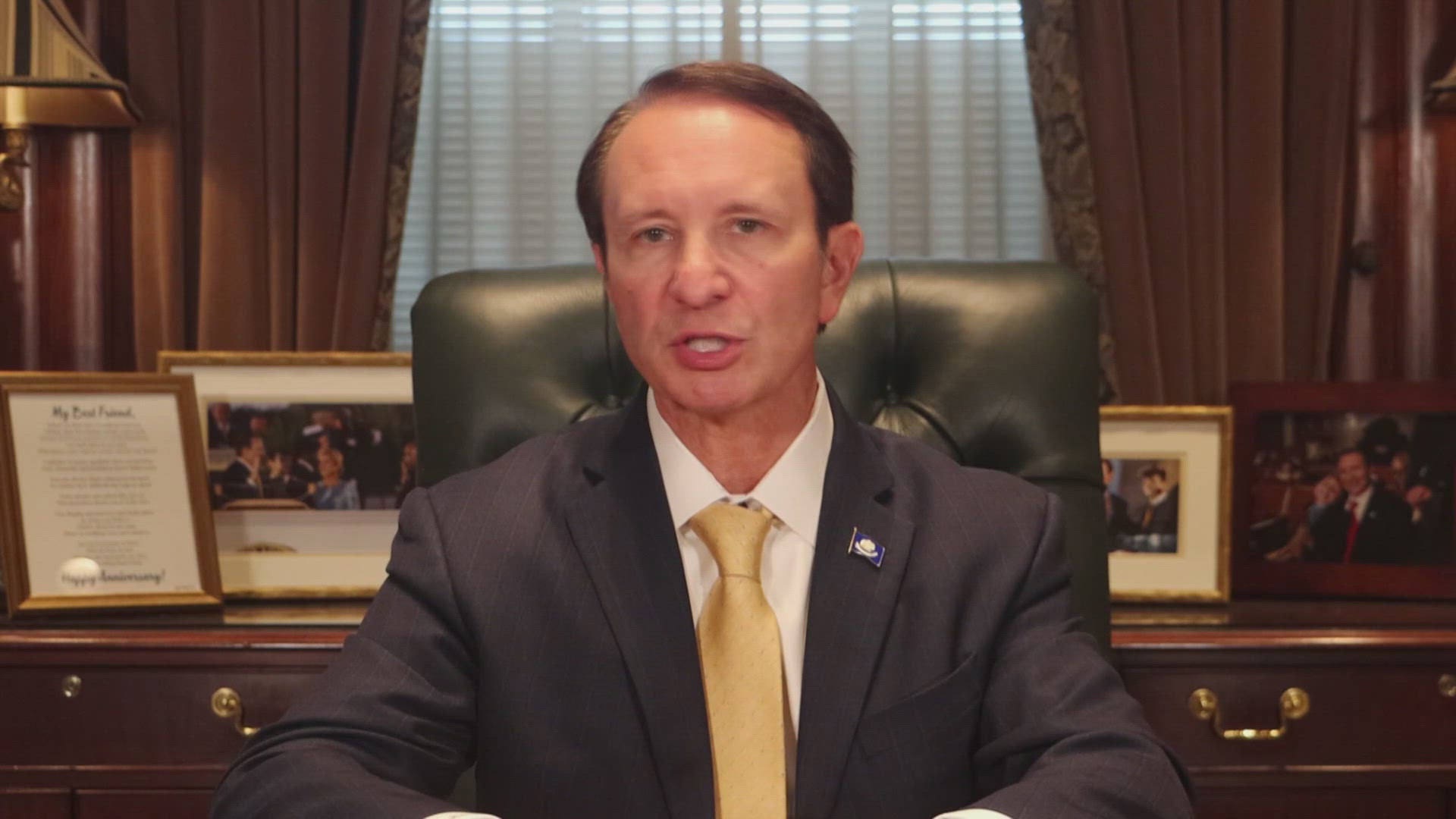BATON ROUGE, La. — A $39 billion state operating budget that includes teacher pay raises and a down payment on a proposed bridge across the Mississippi River at Baton Rouge was approved with little discussion Wednesday afternoon by the state Senate.
The House-passed bill, which must go back to the state House for approval of Senate changes, whisked through the chamber 38-0 after brief presentations by Senate President Page Cortez and Finance Committee Chairman Bodi White.
Much of the work on the budget bill had been done Sunday by the Finance Committee. There were no questions or debate Wednesday afternoon, even on matters that have been points of contention between the Republican-dominated Legislature and Democratic Gov. John Bel Edwards.
The bill includes a $1,500 annual raise for teachers and $750 raise for school support personnel, at a cost of $148 million; and directs $300 million toward the proposed Baton Rouge bridge, which is expected to cost $2.5 billion.
The pay raises were in line with Edwards’ original budget proposal but the governor later pushed for a $2,000 raise as state revenue was projected to increase. He had also called for $500 million to get preliminary work started on the bridge.
Prior to Wednesday’s vote, Edwards said on his monthly radio show that the raise is needed because Louisiana teacher pay is below the Southern regional average, teachers are leaving for a variety of reasons, “and the state of Mississippi just gave a $5,000 raise.”
As for the bridge money, Edwards said the $300 million allocation was good but will not get as much federal matching money as his $500 million proposal. Legislative leaders have expressed reservations in the past at the idea of committing such a large sum for a project that has not yet reached the site-selection phase.
Cortez said Wednesday the budget bill also includes $200 million for an Interstate 10 bridge in Lake Charles and $200 million for expansion of the Interstate 49 South corridor.
After facing years of tight budgets, lawmakers entered the session this year with higher tax revenues and an influx of more than $2.8 billion in one-time revenue — $1.4 billion from federal pandemic aid, $700 million of surplus from the 2021 fiscal year and $853 million higher-than-planned revenue for the current year. Revenue estimates for the current and upcoming fiscal year were bumped up earlier this month by a state panel. But lawmakers are also wary that revenue is expected to fall in future years, in part because a 0.45% sales tax is due to expire in 2025.
Cortez said the Legislature and the administration have taken pains to avoid future financial shortfalls by making sure surpluses, non-recurring revenue items, and some recurring revenue sources, are used to take care of one-time expenses and obligations.



